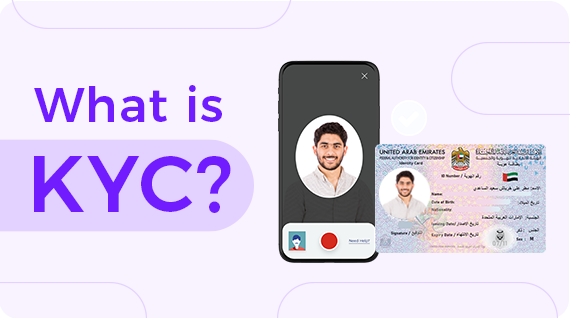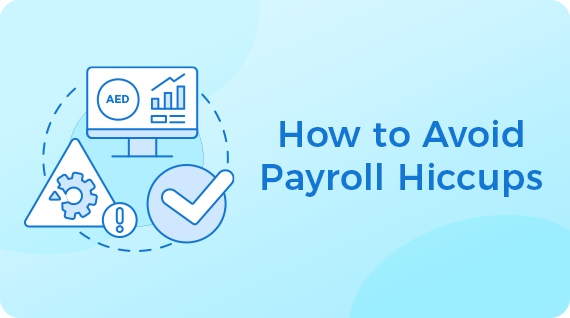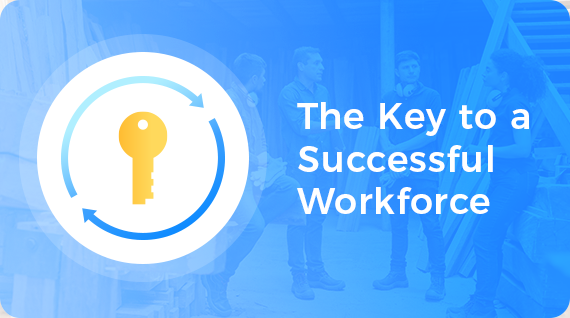In 2018, a research study by ‘Research And Markets’ reported that cash payments accounted for 82% of the total payment volume in the UAE. Ever since the UAE’s Vision 2021 strategy, the government rolled out various initiatives to promote digital payments and has been embracing a cashless economy.
When it comes to running a business, efficient and secure payment methods are essential for both employers as well as employees. Debit cards, credit cards, and payroll cards are all common payment options, each with its unique features and benefits.
Let’s take a look at the advantages of using a credit card, debit card, and payroll card, and understand which of these methods helps business owners and HR professionals in the UAE to compensate their employees more effectively.
What is a Debit Card?
Debit cards are a widely used financial tool that provides a convenient way to access and manage funds. People can pay with debit cards directly through their bank accounts. Upon swiping, tapping, or entering the card’s details online, the money is debited directly from their bank account, instantly or within 48-72 hours.
Debit cards can be a convenient alternative to carrying cash in emergencies, and it can be used on a card machine, via contactless or chip and PIN, or even online.
Here are some key aspects of debit cards:
- Access to your own funds: Debit cards are linked to your bank account, allowing you to spend only the money available in your account.
- No interest or debt: Debit card transactions do not involve borrowing money, so there is no interest to pay or debt to manage.
- Security: Debit cards are generally secure, with PIN protection and the ability to freeze your account if it’s lost or stolen.
- Immediate access to salaries: Employers in the UAE can deposit salaries into bank accounts that can be used with debit cards, ensuring that employees have immediate access to their earnings.
What is a Credit Card?
Credit cards are similar to debit cards, but customers pay with credit, and they pay the money later. A credit limit is a number someone can use to limit their credit. They agree to repay the credit balance and interest when they take out a card. Examples of popular credit card issuers are American Express, Mastercard, and Visa.
Here’s what you need to know about credit cards:
- Borrowing money: When you use a credit card, you are essentially borrowing money from the card issuer, with the promise to repay it later.
- Interest charges: Credit card balances accrue interest if not paid in full by the due date, making them a potential source of debt.
- Build credit history: Responsible use of credit cards can help individuals build a positive credit history, which can be useful for future financial endeavors.
- Not suitable for payroll: While credit cards are useful for personal expenses, they are not ideal for payroll purposes as they involve borrowing and interest payments.
The primary difference between a credit and debit card is that a debit card gives you access to your own money in your bank account. On the other hand, a credit card gives you access to money borrowed from your bank. Since it’s borrowed money, you pay interest on your credit card balance if you don’t repay it in full each month.
What is a Payroll Card?
Payroll cards or salary cards are a specialized financial tool designed for salary disbursement. These cards are like debit or credit cards, but your employees don’t need to have a bank account as a requisite. Instead, these cards are loaded with cash and can be used on a “pay-as-you-go” basis anywhere they wish to – to withdraw money at an ATM, to swipe or tap in a store, or for online purchases.
Here’s what makes them unique:
- Direct salary deposits: Payroll cards are pre-loaded with an employee’s salary, making them a secure and convenient option for employers to pay their staff.
- No bank account required: Payroll cards are a great choice for employees who don’t have a bank account, as the salary is loaded directly onto the card.
- Easy to manage: Payroll cards can be easily managed online, and employees can withdraw cash at ATMs or make purchases at POS terminals.
- Tracking and reporting: Employers can track payroll card transactions, helping with expense management and reporting.
- Customization: Many payroll card providers offer customizable features, allowing businesses to tailor the card’s functionality to their specific needs.
How to pay employees?
When deciding which payment method to use for your employees, consider the following factors:
Employee Preferences: Understand your employees’ preferences and needs. Some may prefer the simplicity of a debit card, while others may not have a bank account and in that case, they would benefit from a payroll card.
Security: Evaluate the security features of each payment method. Debit and payroll cards often come with PIN protection and loss prevention measures.
Cost: Consider the costs associated with each method. Credit cards can incur interest charges if not paid in full, while debit and payroll cards are generally more cost-effective.
Reporting and Management: If you need to track employee expenses or want a customizable solution, a payroll card might be the best option.
In the UAE, choosing the right payment method for your employees is a crucial decision. Debit cards are a straightforward option for those with bank accounts, while credit cards cannot really be used to ‘load salaries’ on. Payroll cards, on the other hand, offer a tailored solution for salary disbursement, making them a secure and convenient choice, especially for unbanked employees.
Carefully consider your employees’ needs and your business requirements when deciding which payment method is the best fit for your organization. For more information related to WPS payroll, management of payroll cards, or your employees’ financial rights, feel free to reach out to us on info.ae@edenred.com






